Melvin Van Peebles in his own words
Hear the one-man revolutionary's thoughts on living, filmmaking, and being Black.
We have all felt the dizzying effects of the world being generally skewed, but it is my firmest belief the world tilted slightly off its axis when Melvin Van Peebles passed at the age of 89 on September 21, 2021. For weeks, I've been trying to conjure up words to say for a man who lived and breathed art as a playwright, novelist, writer, actor, producer, journalist, musician, composer, painter, uncompromising Black visionary, and director.
Sometimes it feels as if life is flattened when we rush to describe the magnitude of its weight. Sitting with what I know and have discovered about Van Peebles' life combing through countless interviews, I felt it was only best to bring you his life as he saw it. With that in mind, I have created Black Film Archive's first director page in honor of Van Peebles: an evolving place that currently houses a short bio, accessible Melvin Van Peebles interviews of note, newspaper clippings across time, and links to his films in the Archive.
By harnessing the full power of Black imagery across mediums, Van Peebles created a mirror in which Black people could see themselves in a new light. He also shined the mirror he made upon himself; here is Van Peebles in his own gaze:
On the importance of Black imagery:
“Being alive gave me the reason [to create the Blaxploitation genre]. My original reason for going into film was that I had gotten tired of seeing Blacks portrayed in an image I didn’t agree with and I said I can do better than that…. if you don’t control your images, you don’t have a base for controlling your destiny. I wanted to control how I was perceived, therefore I went into films.” - NPR’s Fresh Air interview, 1990.
“You see the establishment has a set of images the Black man and he wants the guy to conform to it. If the Black man don’t, he doesn’t like it. And here I was not willing to conform to their image of a Black.” — The Guardian, 1970.
On his short time in the Hollywood studio system:
“I knew what they wanted. They just wanted me under contract so that if anybody asked ‘have you got yourself a Black?’ they’d hold me and say ‘yes sir we’ve got our Black’ and that would’ve been that. So I refused everything because I didn’t only want to get myself into Hollywood but other Blacks and other minority groups as well.” — The Guardian, 1970.
On the legacy of Sweetback:
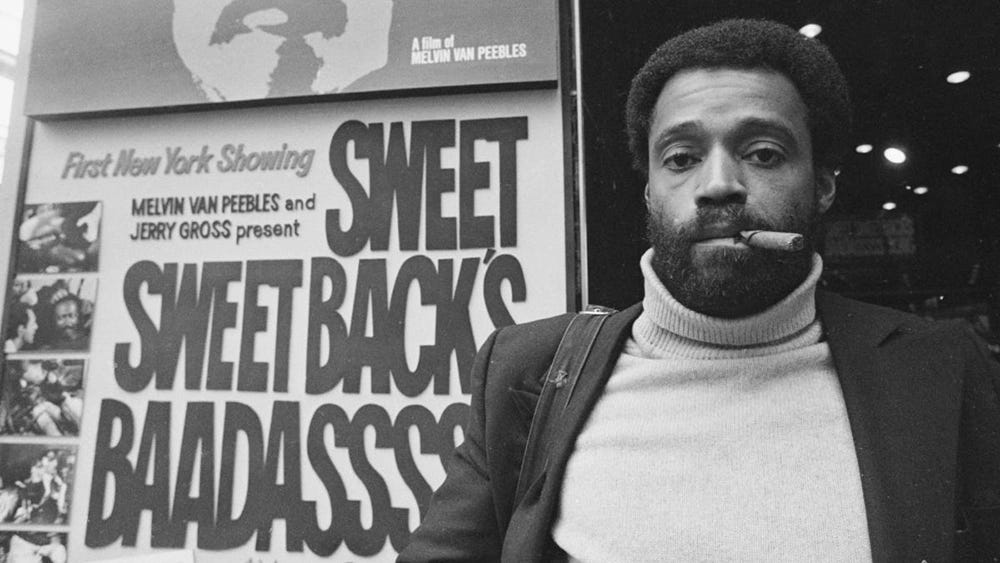
“Sweetback was not the first Blaxploitation film; it created the Blaxploitation genre… Before that time, there had been no Black movies that mirrored the wants and desires of the urban proletariat, and that’s what Sweetback did. But what they did afterwards was take the detective… the undercover agent… In each case these people became an apology for the system.” — NPR’s Fresh Air Interview, 1990.
“I knew [“Sweetback”] would be accepted by my constituency. I never expected to get usual support or approval, but I knew the audience was there and people would come see it.” — The Philadelphia Inquirer, 1973
On his life mottos:
“Don’t write a check with your mouth that your ass can’t cash.” — Filmmaker Magazine, 2008.
“Lynch on me if you can — that’s my philosophy of life.” — Detroit Free Press, 1972.
On opening the door for other Black filmmakers:
“Well, I think every Black filmmaker, everybody wants it to be their revolution, their way.” — Filmmaker Magazine, 2008.
“[Watermelon Man] was a success for me long before it came out because the fact that six Black filmmakers were brought on the film at my insistence to learn the making of film techniques. That’s the future, man.” — Black Journal, 1970.
On early trouble breaking into Hollywood:

“Very good Melvin, they’d say [when I showed them my early film work]. Now how would you like a job as an elevator operator? I said you don’t understand. They said alright, how’d you like a job to be an actor. And I said I want to write and direct films. And I said no. I could get on the ship but they weren’t going to let me control the room.” — The Guardian, 1970.
On “Ain’t Supposed to Die a Natural Death”:
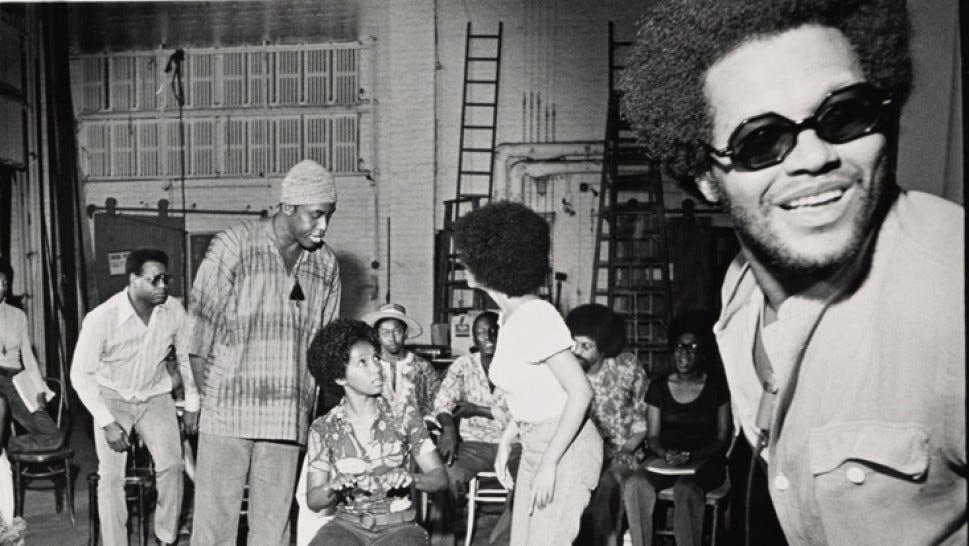
“I wrote the play to help people go out and feel an intense Black-on-Black experience.” — Detroit Free Press, 1972.
On life after the success of "Sweetback”:
“Man, I majored in Black survival a long time ago. I don’t care where I live. My apartment is my bag and I park it under a table. Maybe I’m a vagrant. But, I work seven days a week and I’ve been doing it for 10 years. I have no mission but work and I don’t think of it as work.” — Des Moine Tribune, 1971.
On the power of cinema as an organizing tool:
“My interest for the future is whatever I think can further the consciousness of the disenfranchised. If cinema no longer becomes relevant to the struggle, I ain’t never gonna make another film.”

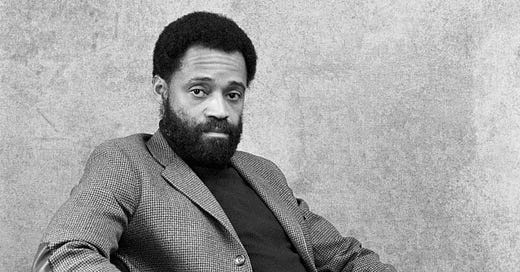

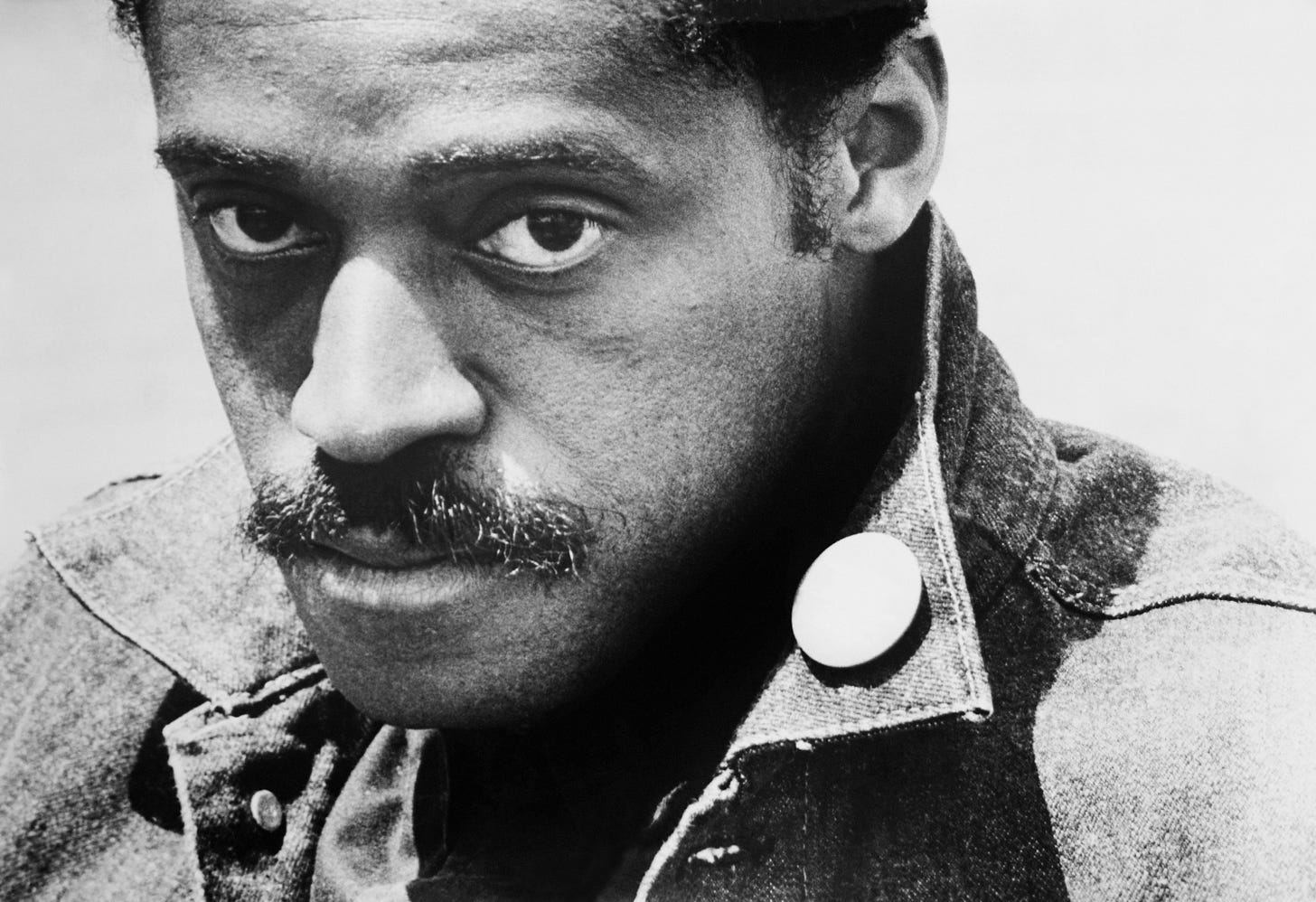
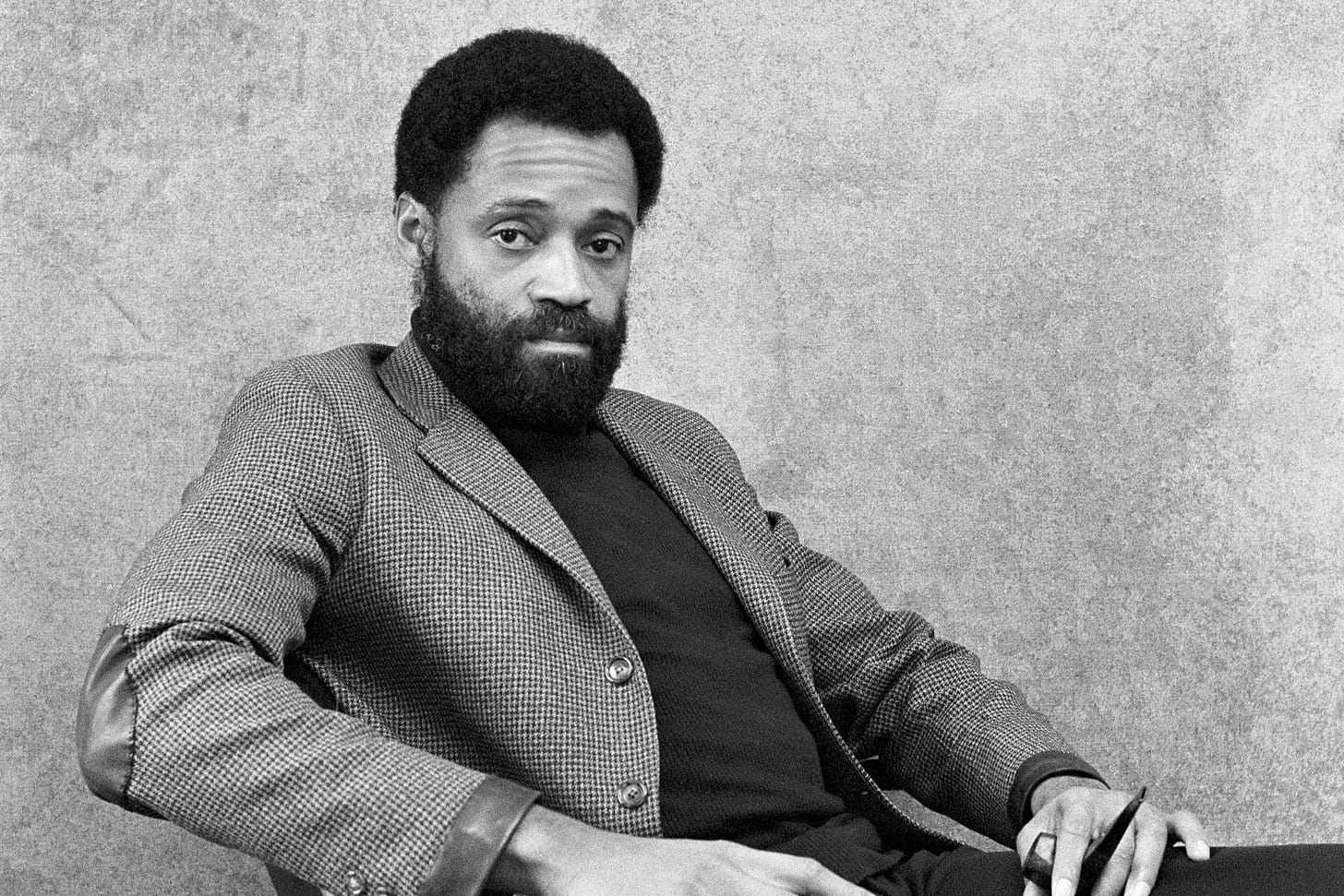
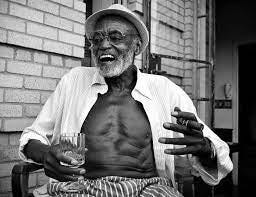
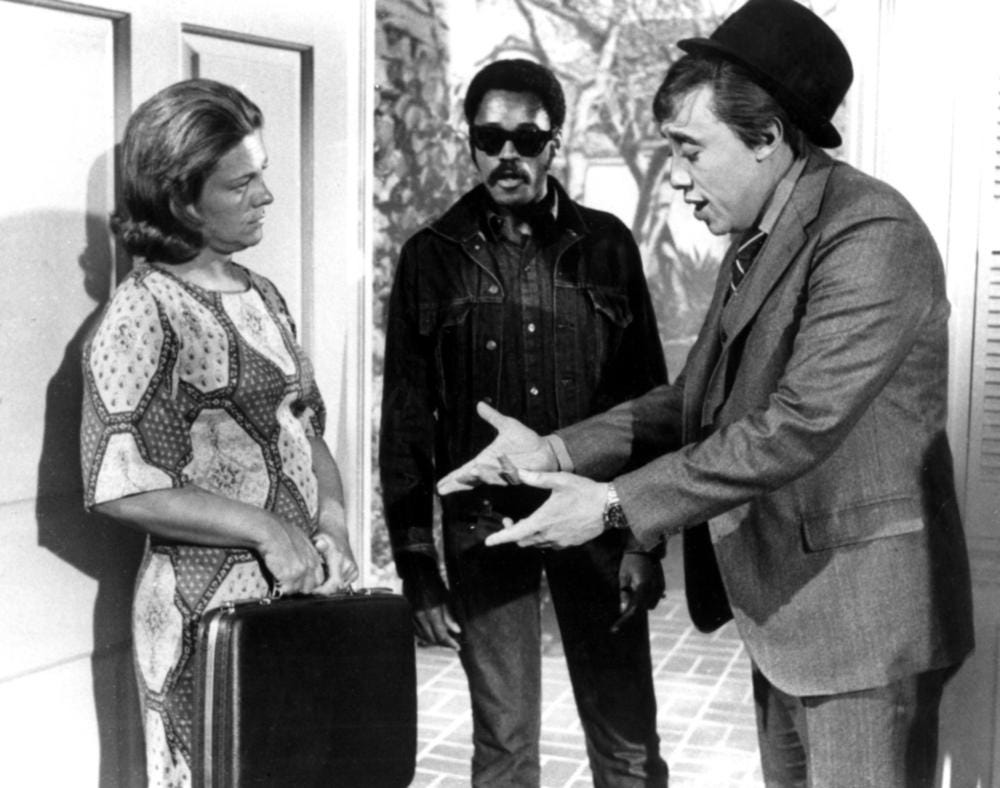

Extraordinary what you've put together on here. Thank you so much!!!